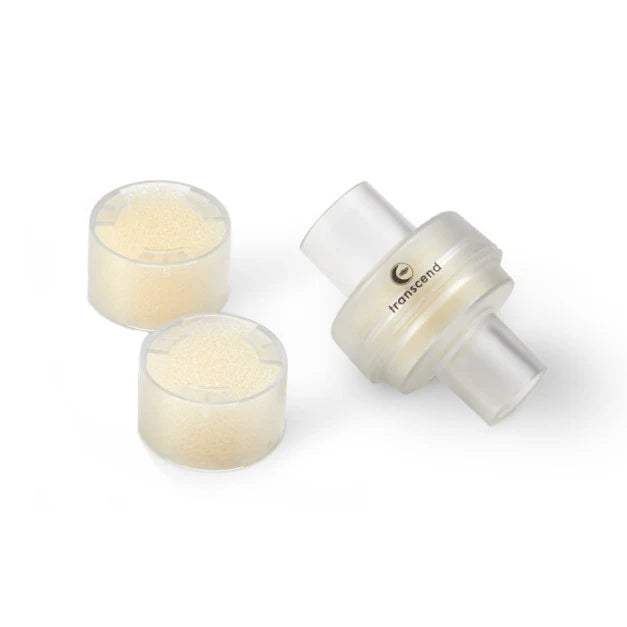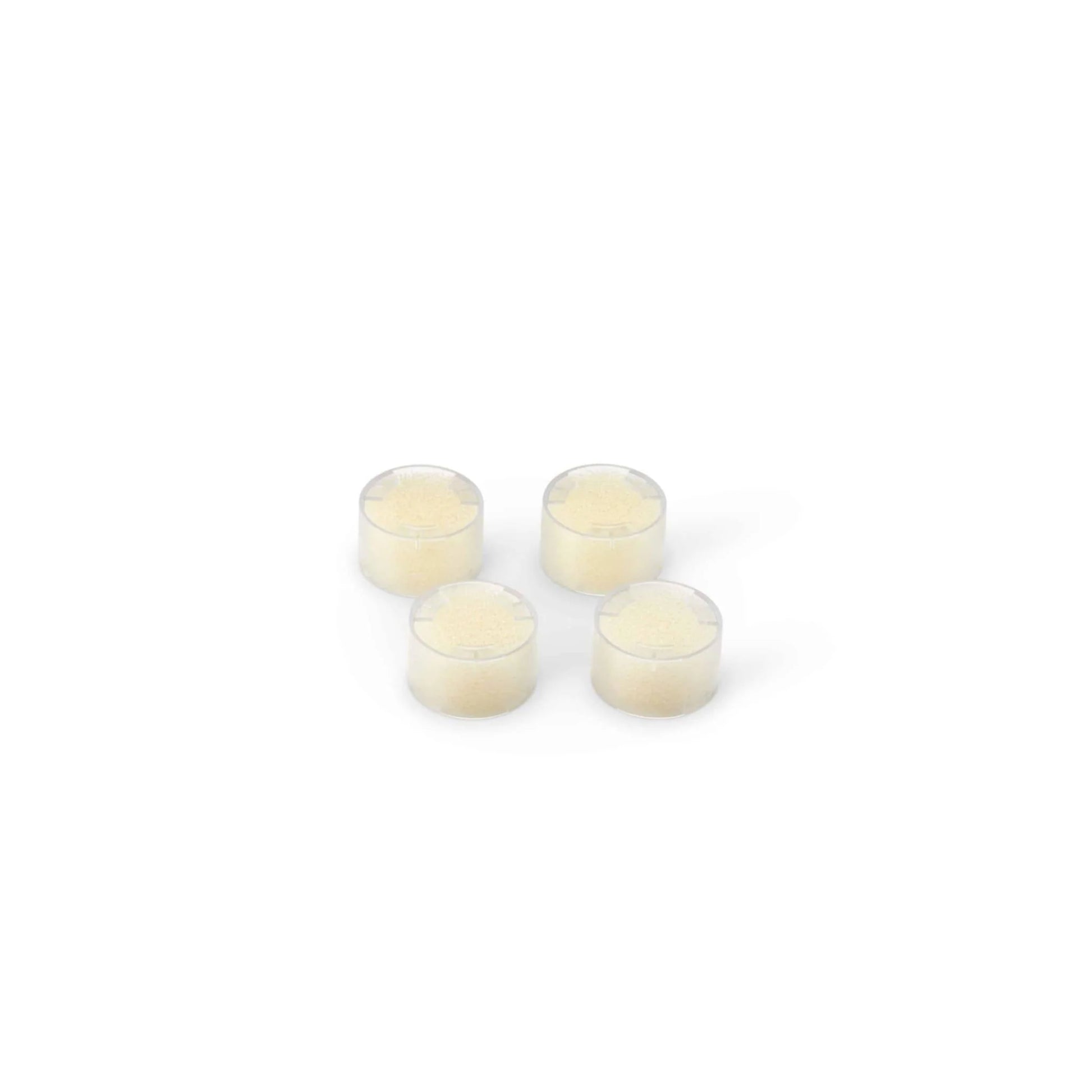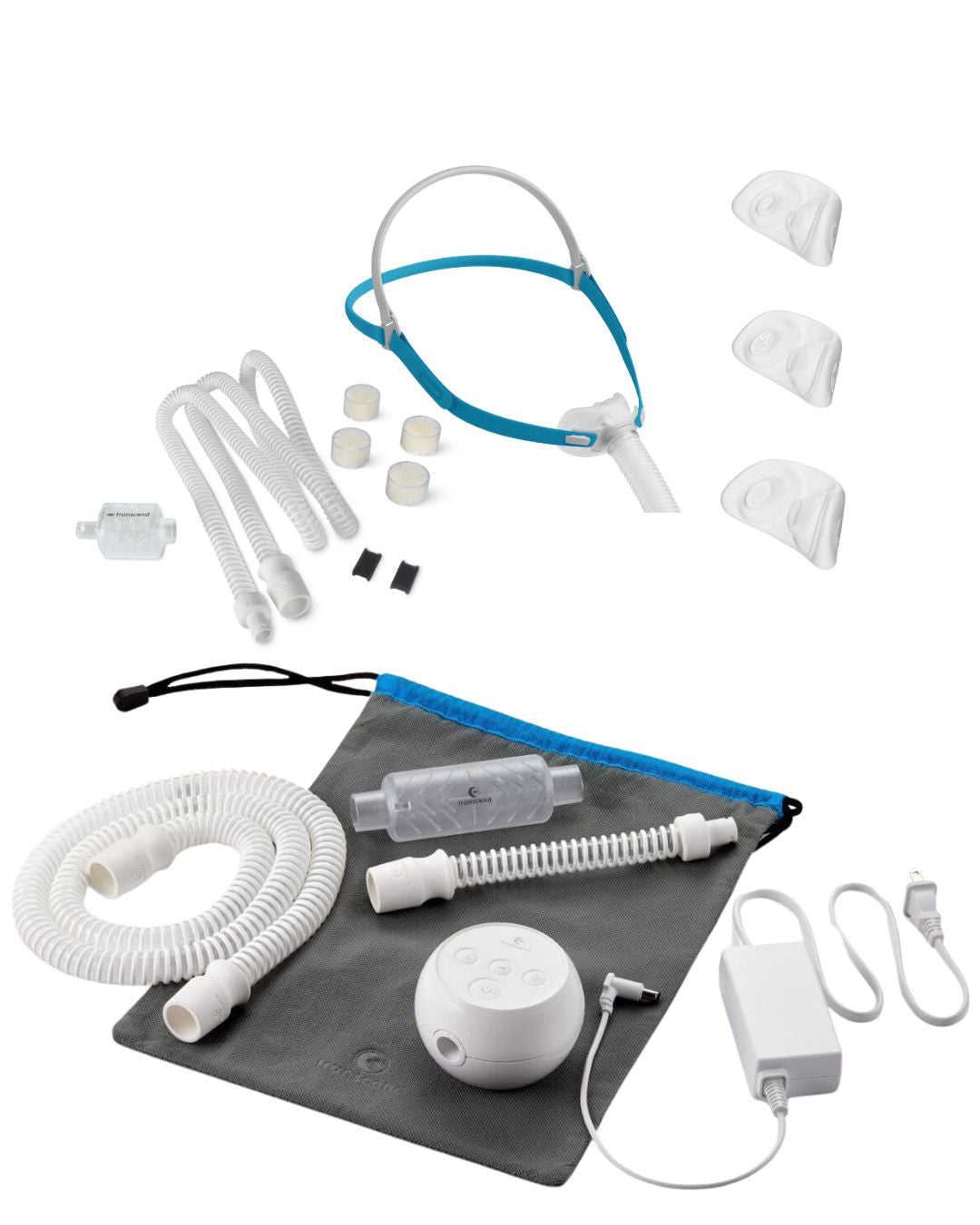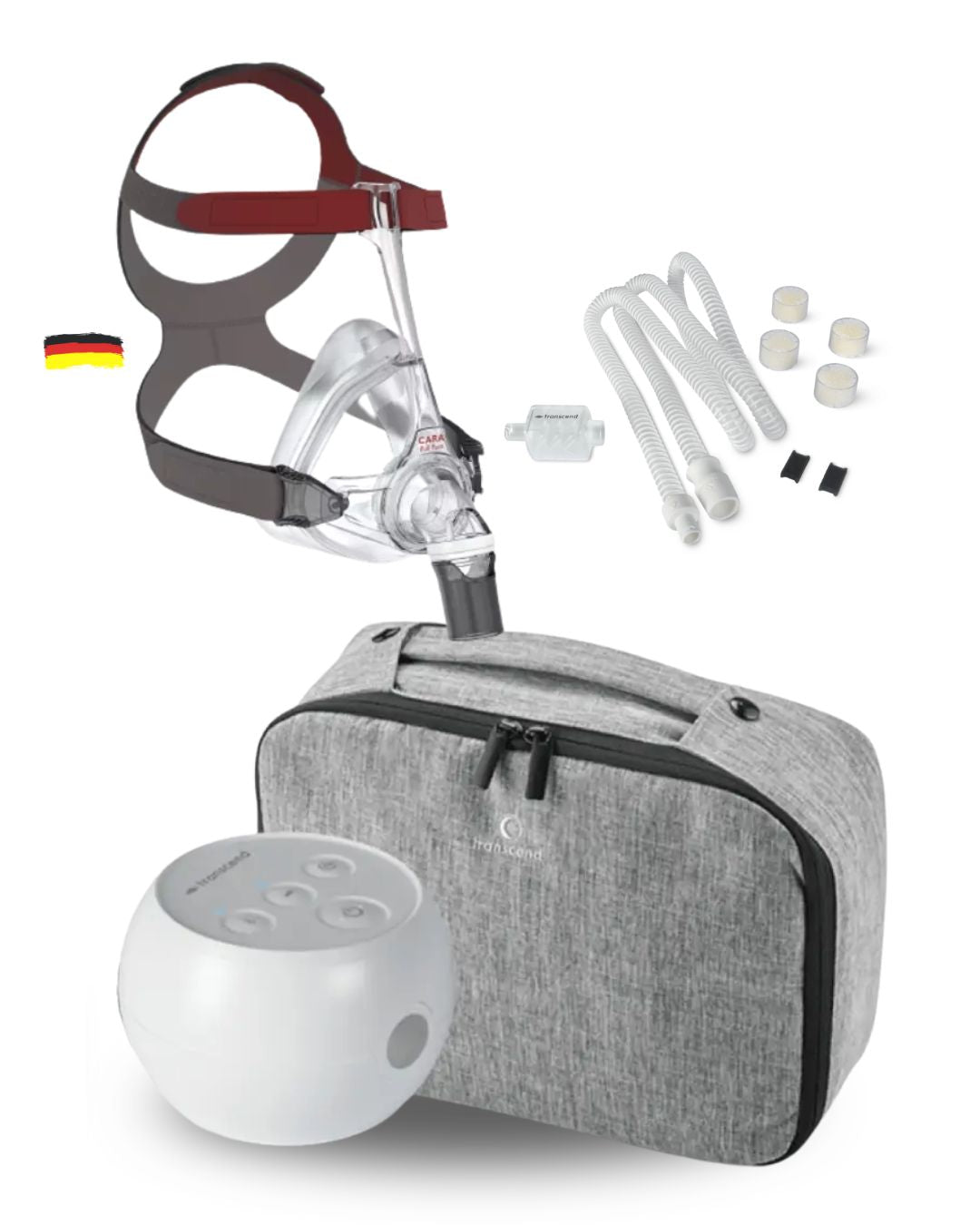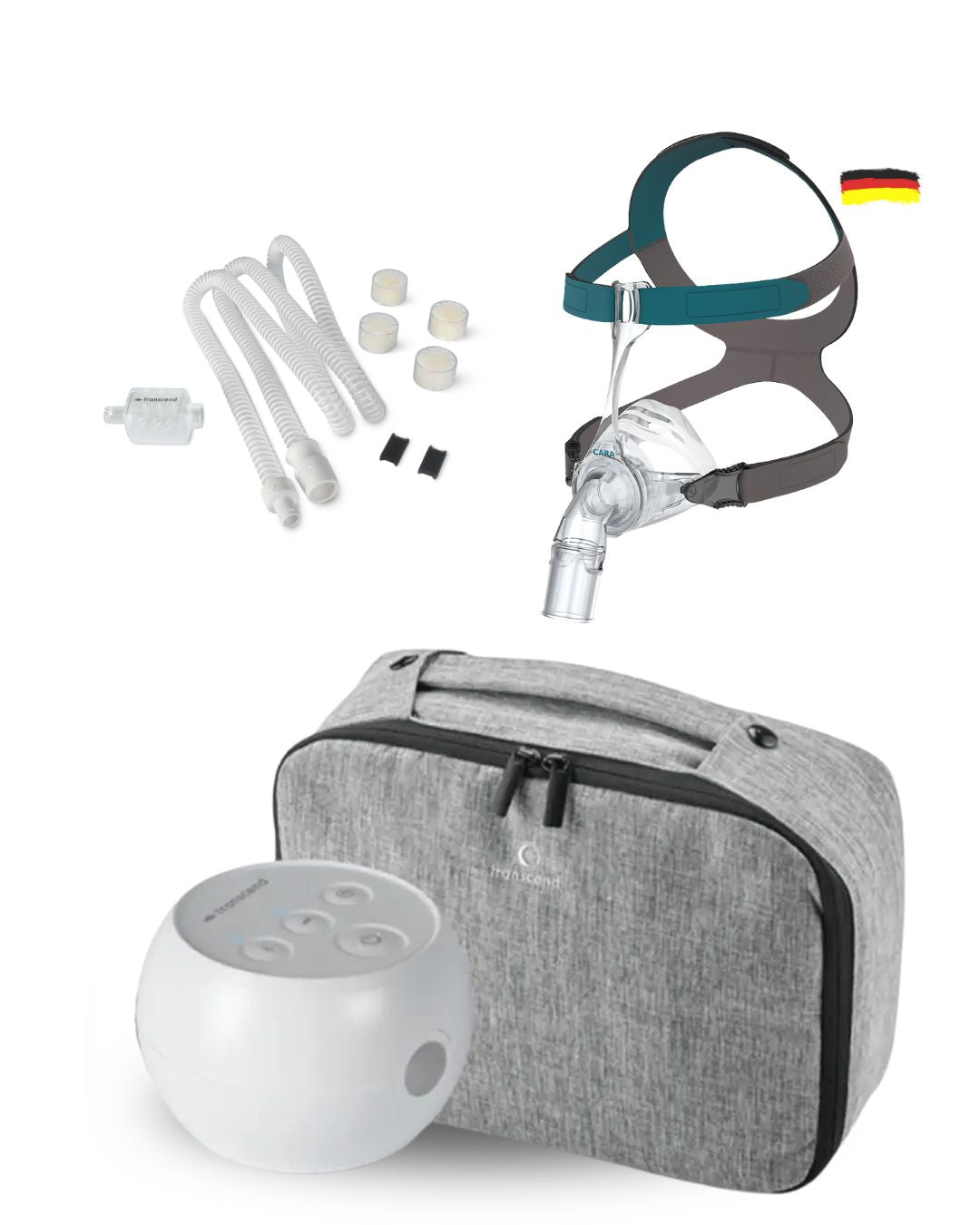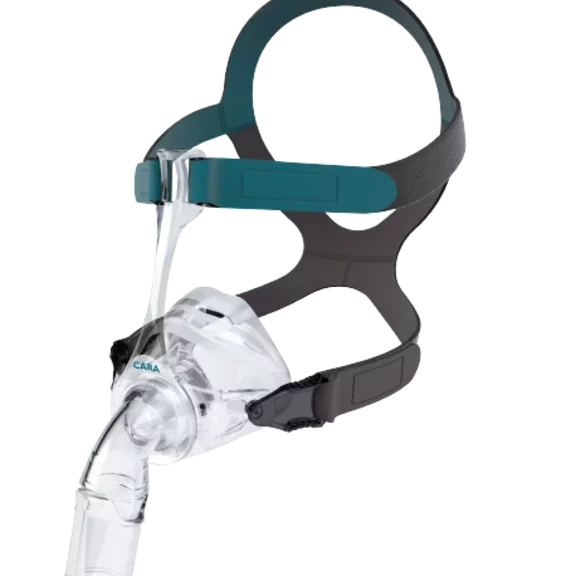Natural Remedies and Sleep Apnea: Helpful or a Replacement?
When it comes to getting better rest, everyone seems to have a go-to trick: chamomile tea, lavender sprays, magnesium supplements, or even cracking a window for fresh air.
These remedies can certainly make sleep feel more relaxing—but here’s the real question we hear all the time: Can natural approaches actually take the place of CPAP therapy for sleep apnea?
In this blog, we’ll break down the facts, the myths, and some of the more entertaining stories we’ve come across from patients trying to “cure” their sleep apnea naturally.








